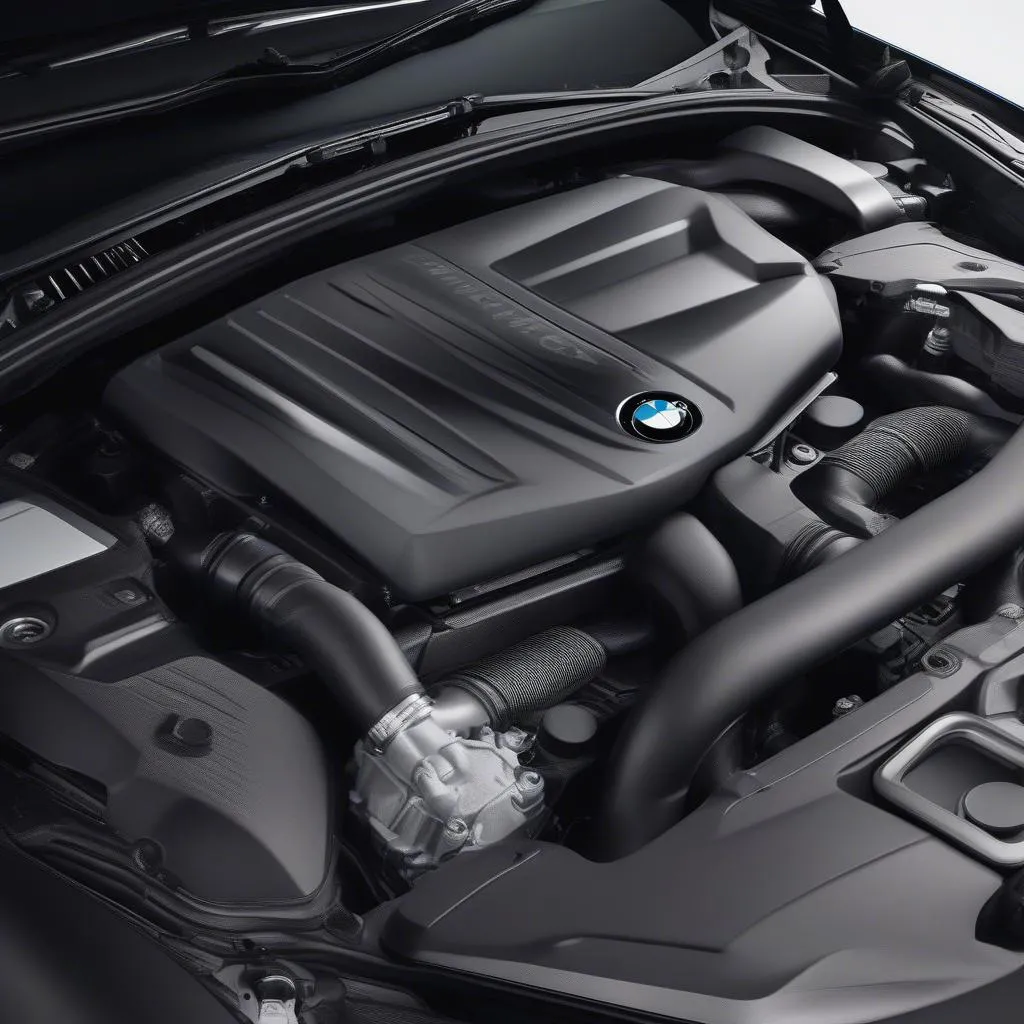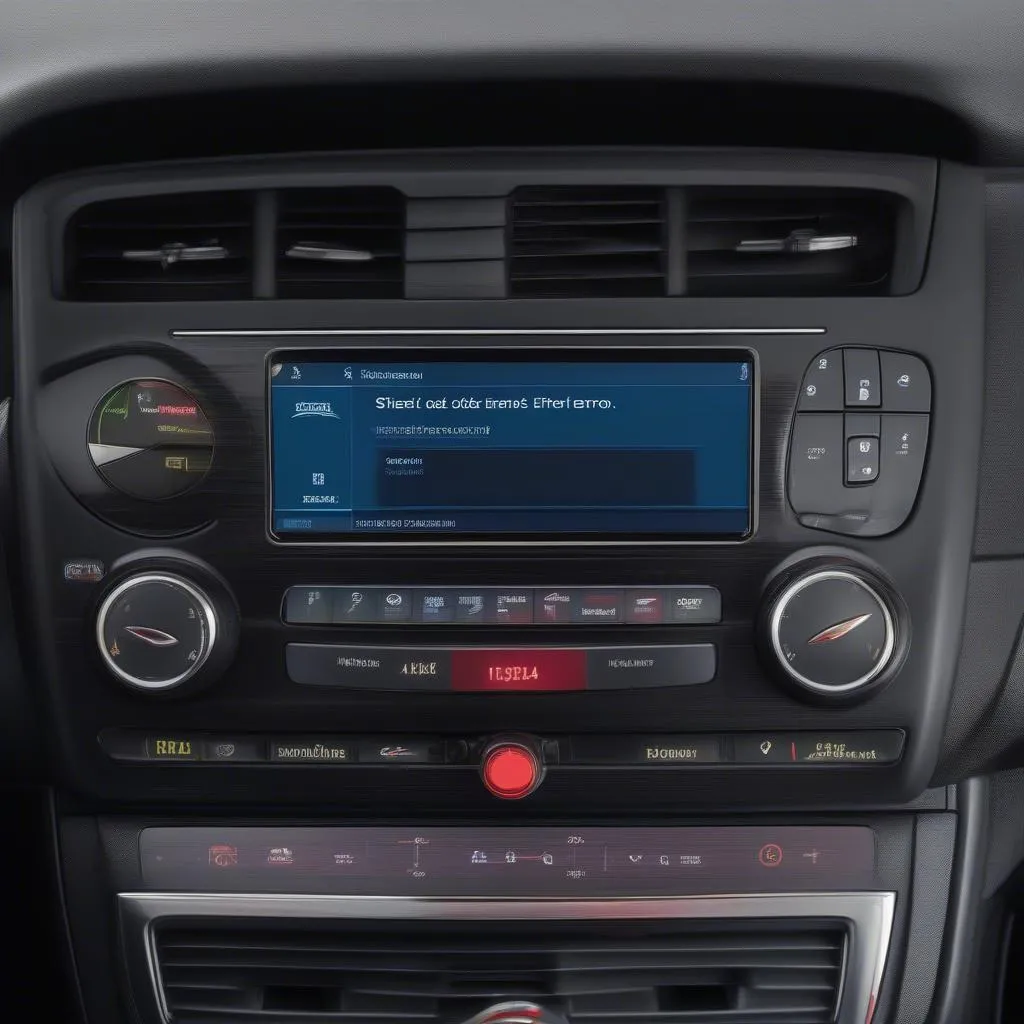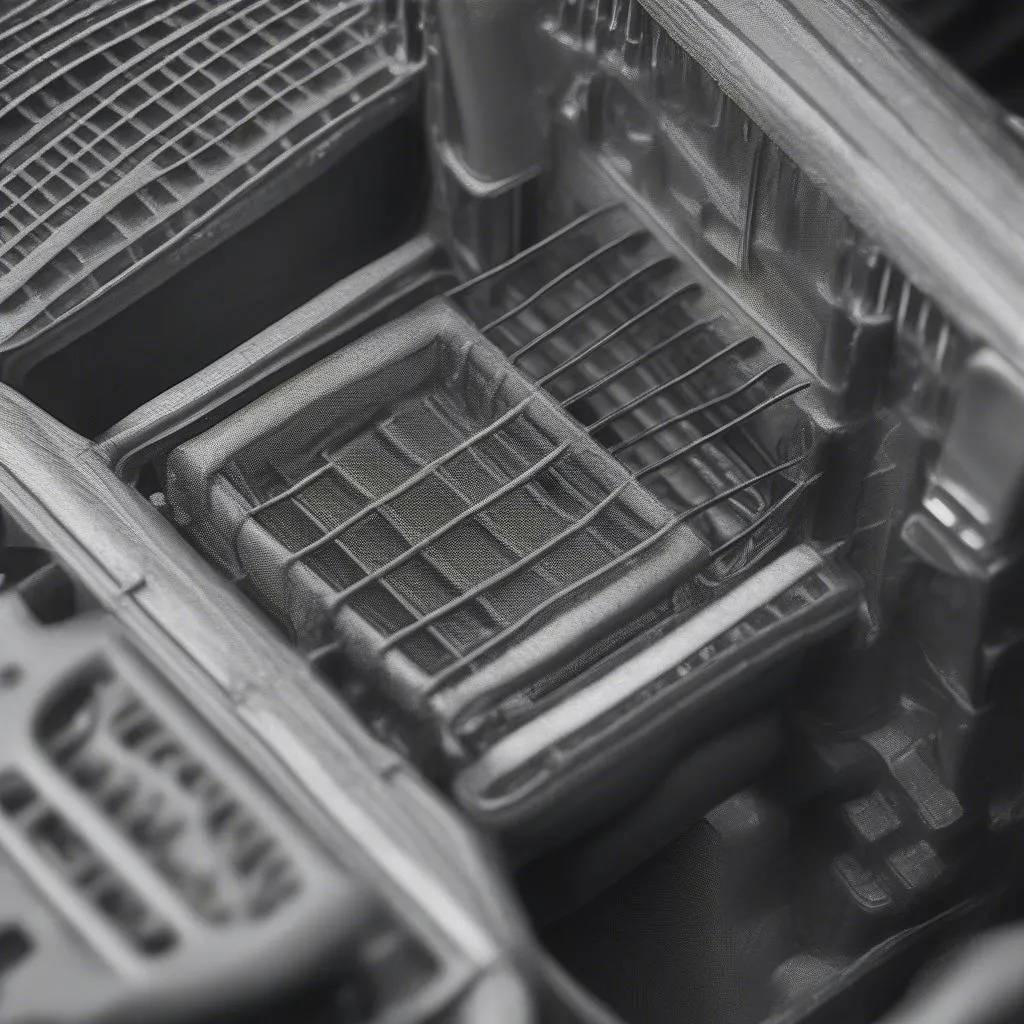Debating between a BMW and a Mercedes? You’re not alone. Both German automakers are renowned for luxury, performance, and unfortunately, potentially hefty repair costs. So, when it comes down to “cheaper to fix bmw or mercedes,” it’s not always a simple answer. Let’s break down the factors that influence maintenance expenses and help you make an informed decision.
Unraveling the Repair Cost Myth
While both brands have a reputation for being pricey to fix, it’s crucial to remember that repair costs are not solely determined by the brand. Several other variables come into play:
- Vehicle Age and Mileage: Older vehicles, regardless of the brand, tend to require more frequent repairs. Higher mileage often translates to increased wear and tear, leading to higher repair costs.
- Maintenance History: Regular servicing using genuine parts can significantly impact the longevity and reliability of your vehicle, potentially reducing future repair expenses.
- Model Complexity: Vehicles with advanced technology, complex engine designs, or specialized parts can be more expensive to diagnose and repair.
- Location and Labor Costs: Repair costs can fluctuate depending on your geographical location and the labor rates charged by mechanics specializing in German vehicles.
Common Areas of Concern
While both BMWs and Mercedes are sophisticated machines, certain components tend to raise concerns regarding potential repair costs:
- Electronics and Sensors: Modern German cars heavily rely on electronics. Malfunctioning sensors, control modules, or infotainment systems can be costly to diagnose and repair.
- Transmission Issues: While both brands have made strides in transmission reliability, issues with dual-clutch or automatic transmissions can be expensive to address.
- Suspension Components: Luxury cars often prioritize performance and handling, utilizing sophisticated suspension setups. Repairing or replacing these components can impact your budget.
 BMW engine
BMW engine
Navigating Repair Costs: Tips and Strategies
Regardless of your chosen brand, proactive measures can help you manage potential repair expenses:
- Regular Maintenance is Key: Adhering to the manufacturer’s recommended maintenance schedule can prevent minor issues from escalating into major repairs.
- Find a Trusted Specialist: Independent mechanics specializing in German vehicles can offer competitive labor rates and expertise.
- Research and Compare Costs: Before authorizing any major repairs, obtain multiple quotes from different repair shops to ensure you’re getting a fair price.
 Car diagnostic tool
Car diagnostic tool
FAQs: Addressing Your Concerns
Q: Are Mercedes parts more expensive than BMW parts?
A: Part costs can vary depending on the specific component and availability. While some Mercedes parts might be pricier, the difference isn’t always substantial.
Q: Do BMWs have more electrical problems than Mercedes?
A: Both brands have faced their share of electrical issues in certain models. It’s essential to research the reliability history of specific models before making a decision.
Q: Can using aftermarket parts lower repair costs?
A: While aftermarket parts can be cheaper, it’s crucial to prioritize quality and compatibility. Using substandard parts can lead to further issues and void warranties.
Choosing the Right Fit
Ultimately, the “cheaper to fix” debate between BMW and Mercedes depends on various factors specific to the model, condition, and your maintenance approach. Both brands offer exceptional driving experiences, but it’s crucial to be prepared for potential repair costs.
Remember, investing in preventative maintenance and partnering with a trusted mechanic specializing in German vehicles can significantly minimize your risk and keep you enjoying your chosen ride for years to come.
If you’re interested in learning more about car maintenance and diagnostics, explore our range of products at CARDIAGTECH. We offer cutting-edge diagnostic tools and resources to help you stay ahead of potential car troubles.


